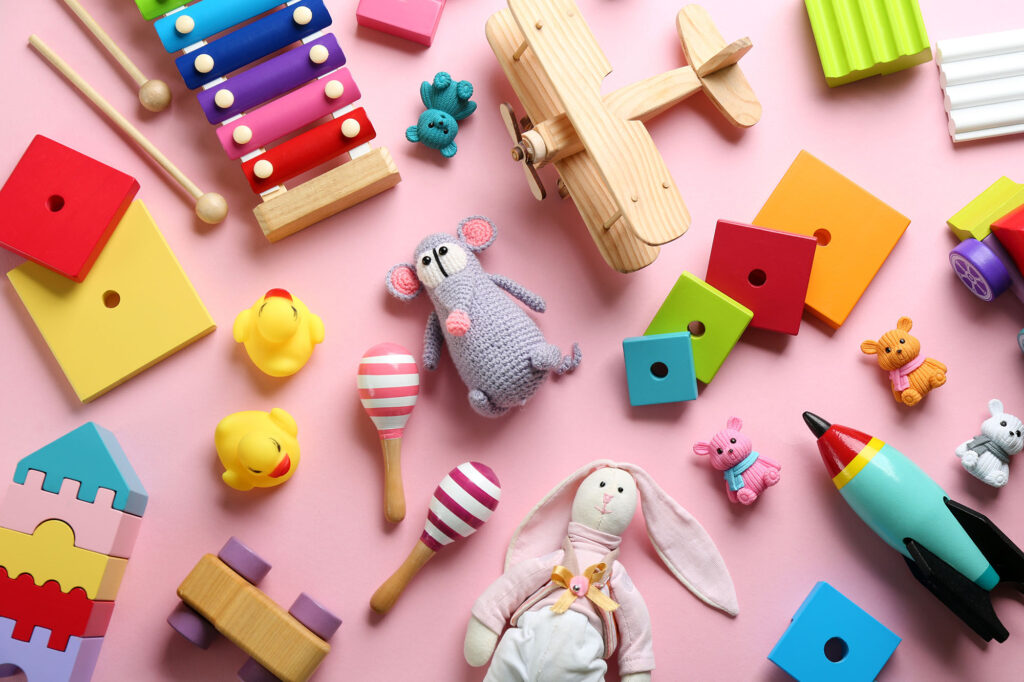If you’re reading this, chances are you’re staring down one of the hardest conversations you’ll ever have: telling your child that you and their other parent are separating.
Maybe you’ve rehearsed it in your head a hundred times. Maybe you’ve avoided it altogether, hoping the “right moment” will magically appear. The truth? There’s no perfect script. But there is a better way to approach it.
At Together You Part, we help families slow down and get intentional about moments like this. How you share this news with your child sets the tone for everything that follows. Your children don’t need all the adult details—they need safety, reassurance, and the clear message that they are NOT the reason for the split.
Keep These 3 Things in Mind When Telling Kids About Divorce
1. It’s not a one-time talk.
This is the first of many conversations. Think of it as opening a door—not opening and shutting one. Start simple and age-appropriate. Then, follow their lead.
2. Stay united if you can.
If it’s safe and possible, tell your children together. Show them that while your relationship is changing, your love and care for them is not.
3. Practice before the big moment.
This is not a “wing it” conversation. Write it down. Say it out loud. If you have a therapist or divorce coach, walk through it with them first. Need a place to start? Christina McGhee’s Parenting Apart, has a chapter devoted to this conversation.
Keep it Age Appropriate
For Preschoolers (Ages 3-5):
When talking to young children about divorce, keep it simple and age-appropriate. Use clear language and avoid overwhelming them with too many details. Focus on reassurance, letting them know that you both will still love them and be there for them. Emphasize that the divorce is not their fault and that they are safe. Reassure them that it’s okay to feel sad or confused, and encourage them to express their emotions.
For Early Elementary Kids (Ages 6-9):
Children in this age group may have more questions, so it’s important to be honest but gentle. Explain that sometimes parents need to live apart but that you both will continue to take care of them. Let them know the changes they’ll experience, such as living in two homes, but emphasize that they will still be surrounded by love and support. Encourage them to talk about their feelings and reassure them that it’s not their responsibility to “fix” anything.
For Tweens (Ages 10-12):
Tweens may have a better understanding of relationships and divorce but can still feel confused or angry. Be honest about the reasons for your divorce without blaming anyone. Let them know that you both are still there for them and will continue to make decisions together about their care. It’s important to create a safe space for them to express their feelings, and try to involve them in discussions about new routines or plans, offering them a sense of control in the process.
For Teens (Ages 13+):
Teenagers may have strong feelings about the divorce and may feel caught in the middle, so it’s crucial to maintain open, honest communication. Be clear about why the divorce is happening, but avoid oversharing adult details or conflicts. Allow them to express their emotions and validate their feelings, whether they’re angry, sad, or confused. Offer them support but also give them the space they need to process everything. Encourage them to seek help if they need it and assure them that they can still rely on both of you.
The TYP Way℠ Can Help
When you work with Together You Part, we give you space to talk through your concerns, fears, and hopes—not just for your future, but for your children’s, too. Our co-parenting mediation process includes time to plan how you’ll parent and communicate—starting with conversations just like this.
Let this first talk reflect the kind of co-parenting partnership you’re trying to build. Clear. Compassionate. Collaborative.


